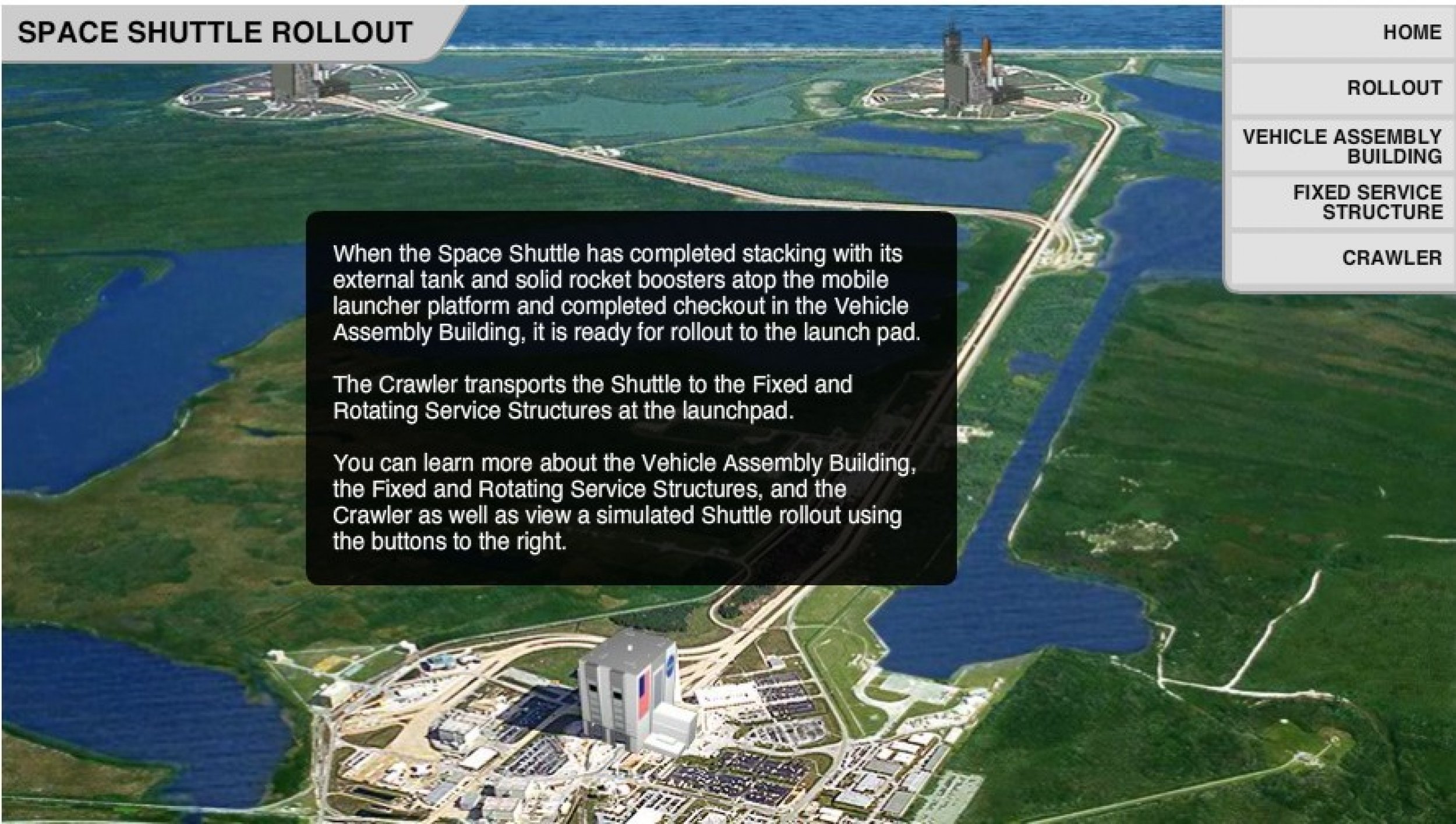Fun Facts About the Space Shuttle System Part 2: Rollout
Since 1981, NASA space shuttles have been rocketing from the Florida coast into Earth orbit. The five orbiters - Columbia, Challenger, Discovery, Atlantis and Endeavour - have flown more than 130 times, carrying over 350 people into space and traveling more than half a billion miles, more than enough to reach Jupiter. Designed to return to Earth and land like a giant glider, the shuttle was the world's first reusable space vehicle. More than all of that, though, the shuttle program expanded the limits of human achievement and broadened our understanding of our world.
It all started with STS-1, launched on April 12, 1981, just twenty years to the day after Soviet cosmonaut Yuri Gagarin became the first human in space. When astronauts John Young and Robert Crippen launched that morning in Columbia, it was the first time in history a new spacecraft was launched on its maiden voyage with a crew aboard.
For an entire generation, the space shuttle was NASA. We've watched a parade of firsts -- Sally Ride, Guy Bluford, Kathy Sullivan, John Glenn and others. We've seen astronauts float free, and launch and repair spacecraft like Hubble which have fundamentally changed our understanding of the universe.
In this feature, we look back at the Shuttle's historic missions, the people it flew into space, and its achievements.
For more info, click here
What is Rollout?
A space shuttle liftoff is an awe-inspiring sight -- but the journey doesn't begin on the launch pad. It has to get there first. Rollout means moving a fully assembled space shuttle, and its mobile launcher platform.







© Copyright IBTimes 2024. All rights reserved.





















